In this blog post, Children’s National psychologist Eleanor Mackey, PhD, gives parents tips on how to talk to your kids about death.
The topic of death came up in my family when my daughters had two great-grandmothers die within one week of each other. I didn’t feel prepared to discuss death and dying with my daughters, but now realize that it is important to think about the topic ahead of time.
Sadly, death is part of life and it was easier for me to explain the deaths of women in their 90s who had lived full lives, than it would be for me to help a child understand the death of someone tragically young. I wanted to share some of the things that helped my family, and I also reached out to my friend and colleague, Amanda Thompson, PhD, director of Patient and Family Support Services in the Center for Cancer and Blood Disorders, here at Children’s National to give some advice.
Here are some words of wisdom from Amanda and some things that helped my family:
Talk about death
When talking about death, speak in simple concrete terms. Even though we hate to do it, you have to use the words “death” and “die”. Avoid euphemisms.
For example, don’t say “we lost your grandfather” because a child is going to simply think/say “then let’s go find him.” Try to avoid saying things like, “he was such a good boy, God wanted him with him” because the logic of a child will go to “then I don’t want to be a good boy” or “He fell asleep and didn’t wake up,” which can cause fears of falling asleep.
Don’t be afraid to show your own emotions
This is a good opportunity to model for a child how to experience a sad emotion and cope with it. You can tell them that you are crying because you miss the person and that it’s okay to cry and feel sad. It can also be helpful to demonstrate a positive coping strategy such as saying, “I’m feeling very sad right now, so I am going to rest and listen to music, because that helps me to feel better.”
Follow your child’s lead
They may have questions and they may not, and both are totally appropriate. Most kids will hear the information and quickly move on to the next thing (“what’s for dinner?”), which is also normal. Children process things in their own way, on their own time and will likely come back with questions when they are ready.
Share memories
One thing that helped my kids was talking about their great-grandmothers and sharing memories. We were also able to give them some of their special things, such as a jewelry box, pillow and needlepoint. We talked about how much their great-grandmothers loved them and how they wanted them to have these items so that they could remember how they were loved. Having those tangible items and talking about fond memories seemed to be very helpful to our girls.
Prepare your child for attending a funeral
If you feel that your child should attend a funeral, be sure to prepare them in advance, both for what they may see (talking about the open casket if there will be one) and for the emotions in the room (“lots of people loved your granddad/Billy and so they are feeling really sad now too. They may be crying a lot. It’s okay to cry too but it’s also okay if you don’t.”). If you decide not to take your child to the funeral, give them another opportunity to say goodbye. For example, they could draw a picture or write a letter.
How to answer tough questions
Death may make your child ask about their own mortality. I know this happened with our girls, who also began asking other people when they were going to die (this question was not well-received!). My older daughter also started talking about going to Neverland so she doesn’t get old and we can always be together. In these situations, be honest and provide reassurance. For example, you can say something like, “Everyone dies at some point. But granddad was very old/ Billy was very sick and you are young and healthy. We’re going to be together for a very long time.”
This is a difficult topic, whether you need to discuss the death of a grandparent, pet or another child. My thanks to Amanda for providing such good advice that certainly helped my family.
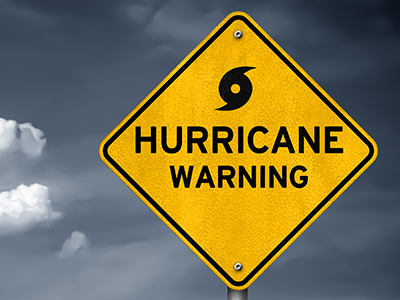 https://riseandshine.childrensnational.org/wp-content/uploads/2024/04/Hurricane-warning-sign-feature.png
300
400
Danielle Robbins
https://riseandshine.childrensnational.org/wp-content/uploads/2017/11/childrens_riseandshine_logo.jpg
Danielle Robbins2024-04-10 14:14:482024-04-10 14:16:08Helping your child weather the storm: A guide to post-hurricane healing
https://riseandshine.childrensnational.org/wp-content/uploads/2024/04/Hurricane-warning-sign-feature.png
300
400
Danielle Robbins
https://riseandshine.childrensnational.org/wp-content/uploads/2017/11/childrens_riseandshine_logo.jpg
Danielle Robbins2024-04-10 14:14:482024-04-10 14:16:08Helping your child weather the storm: A guide to post-hurricane healing



 Amanda L. Thompson, PhD, is a pediatric psychologist.
Amanda L. Thompson, PhD, is a pediatric psychologist.
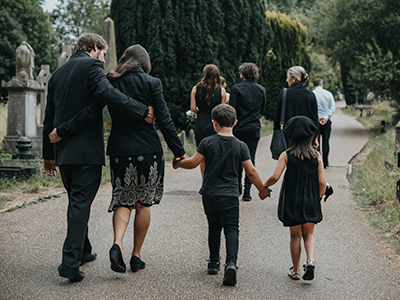


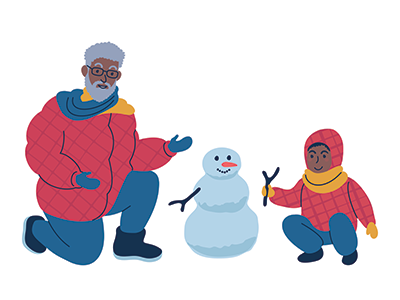
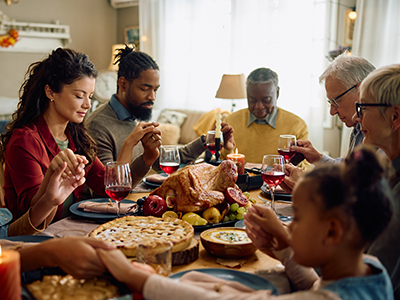
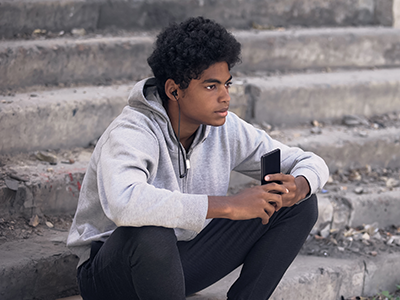
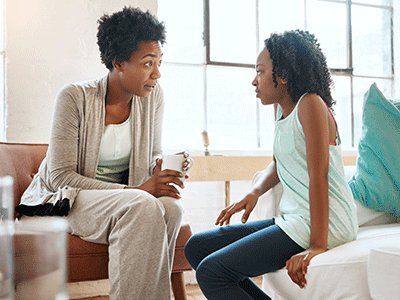

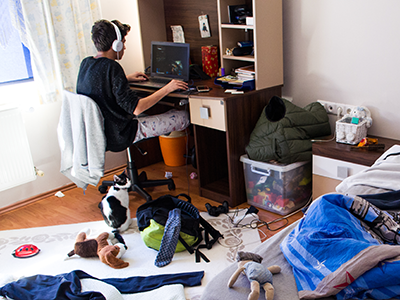
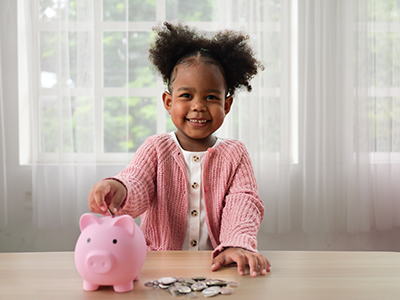
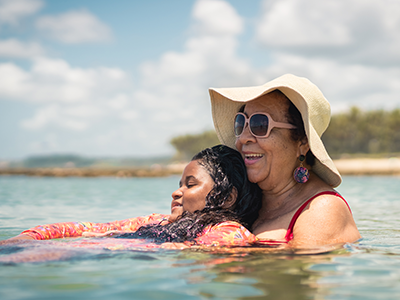
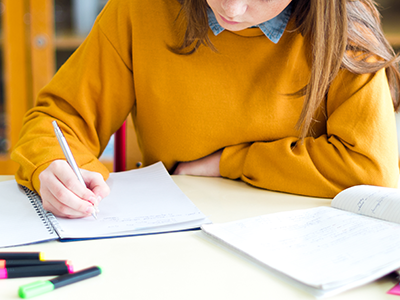


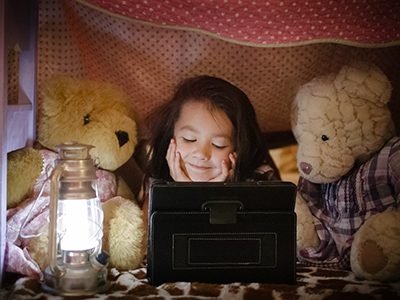
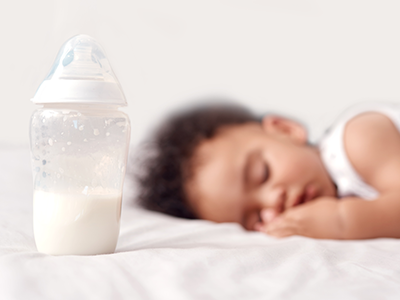
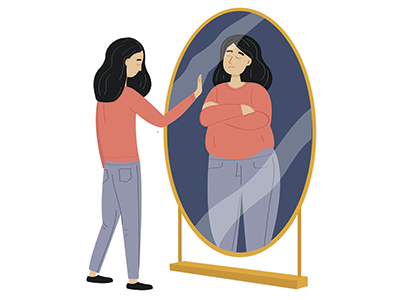
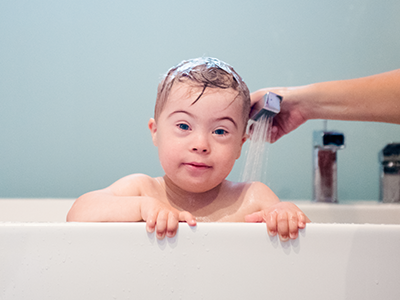
Leave a Comment
Want to join the discussion?Feel free to contribute!